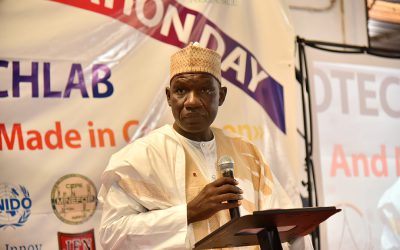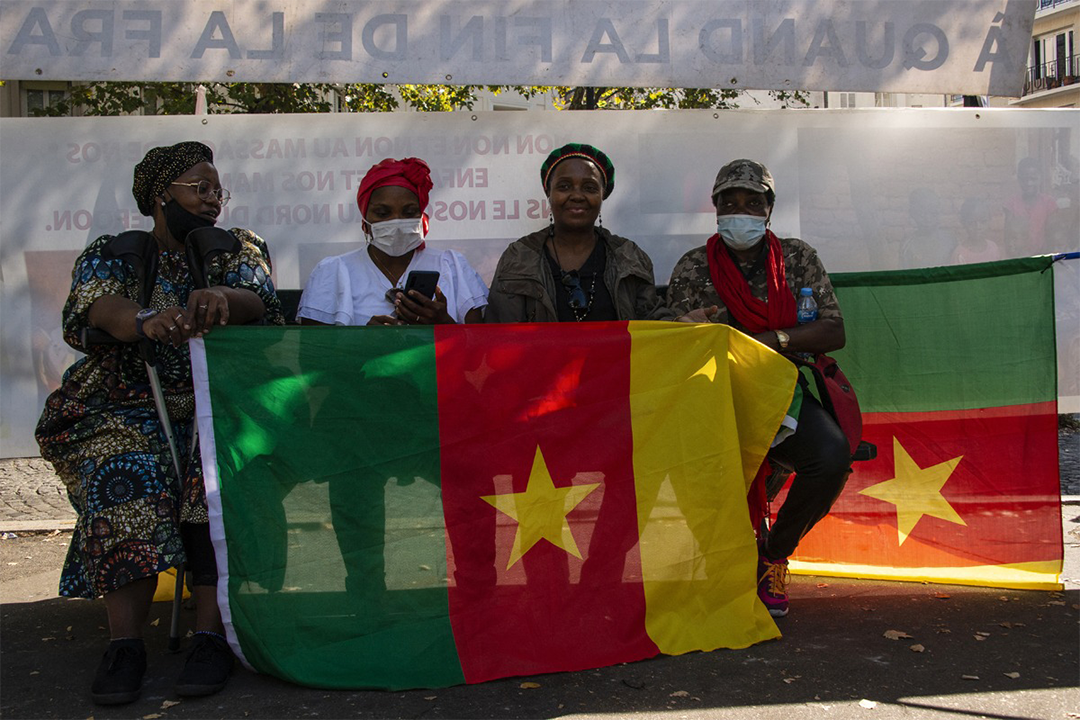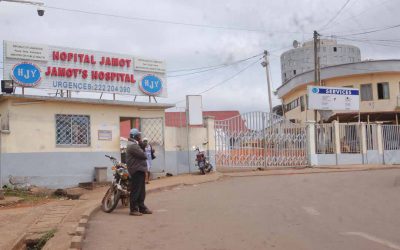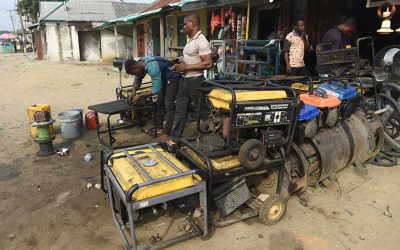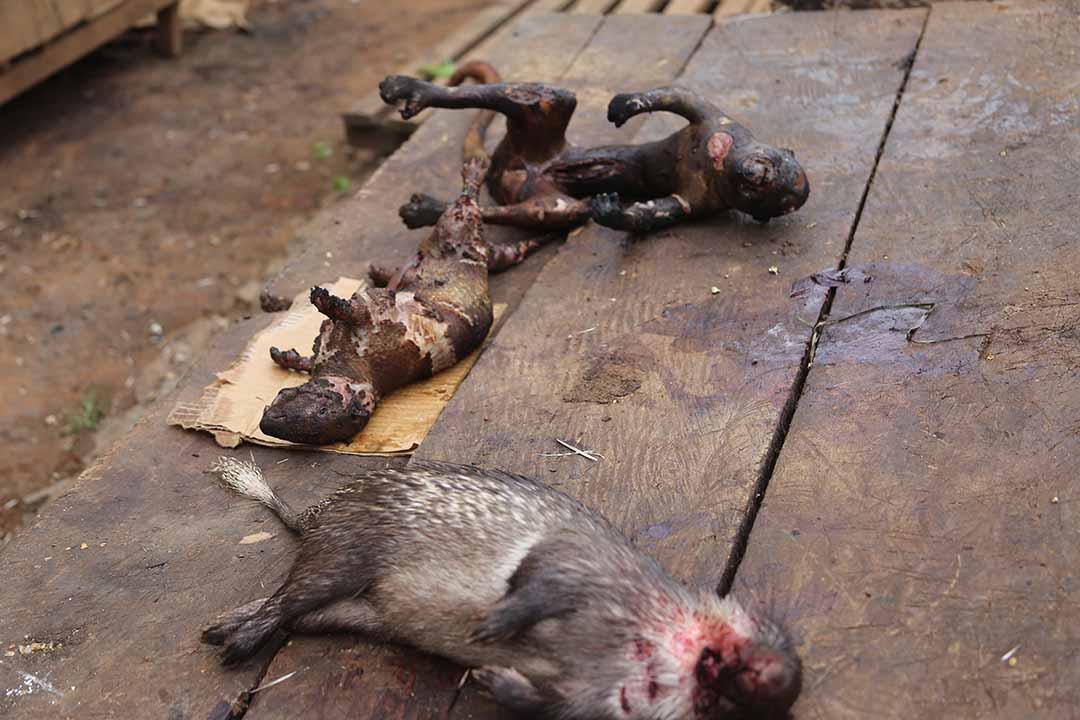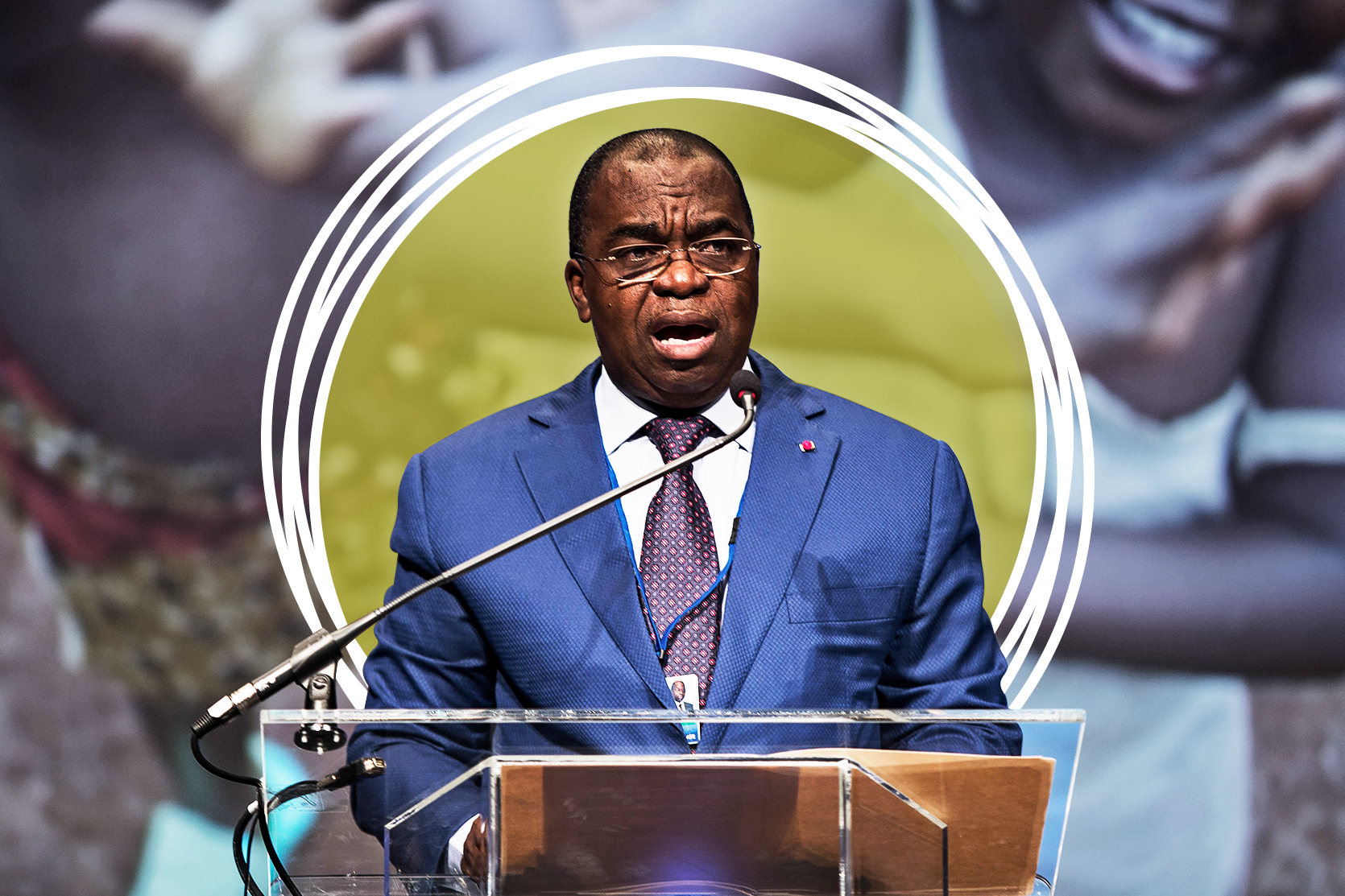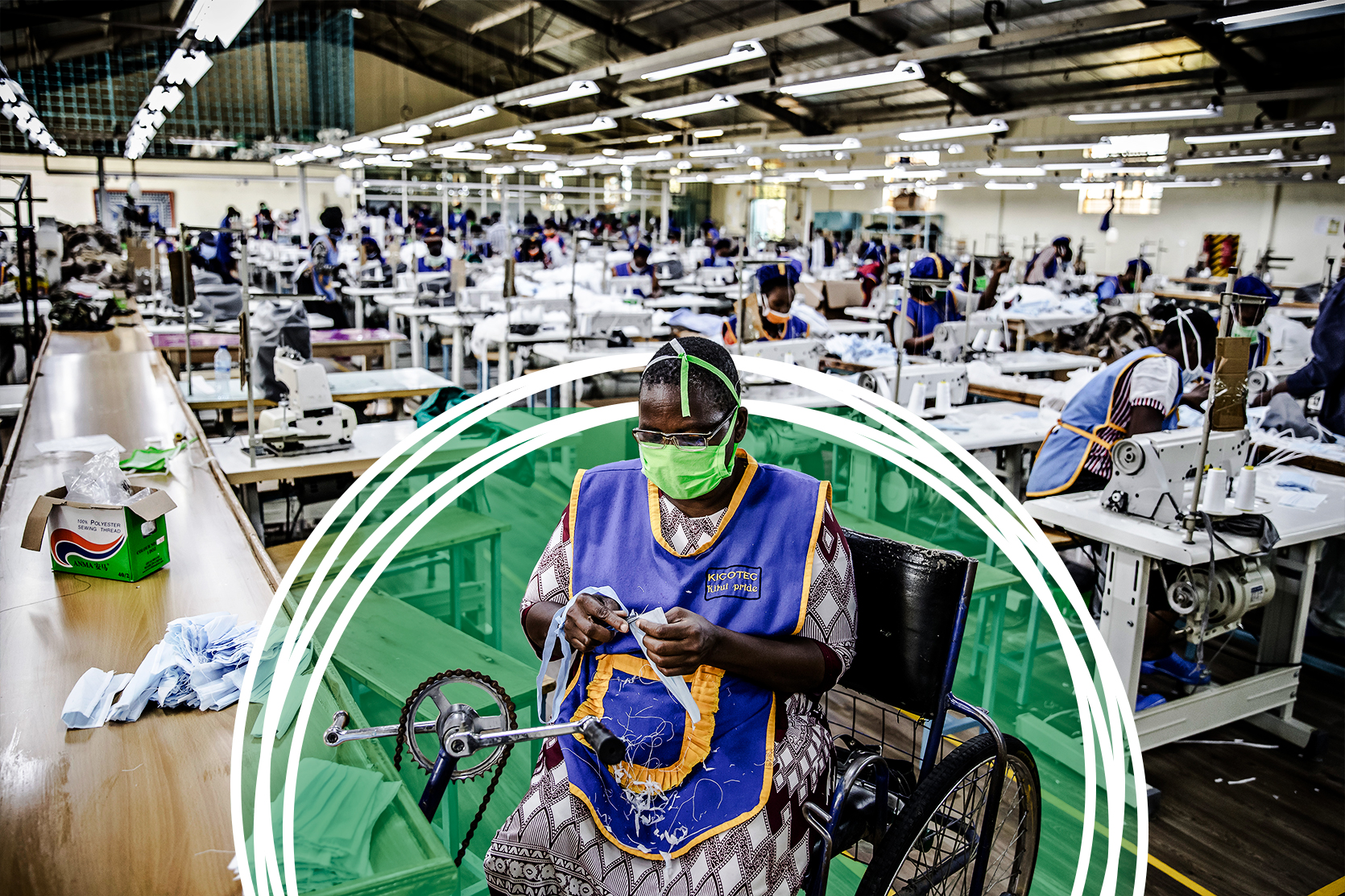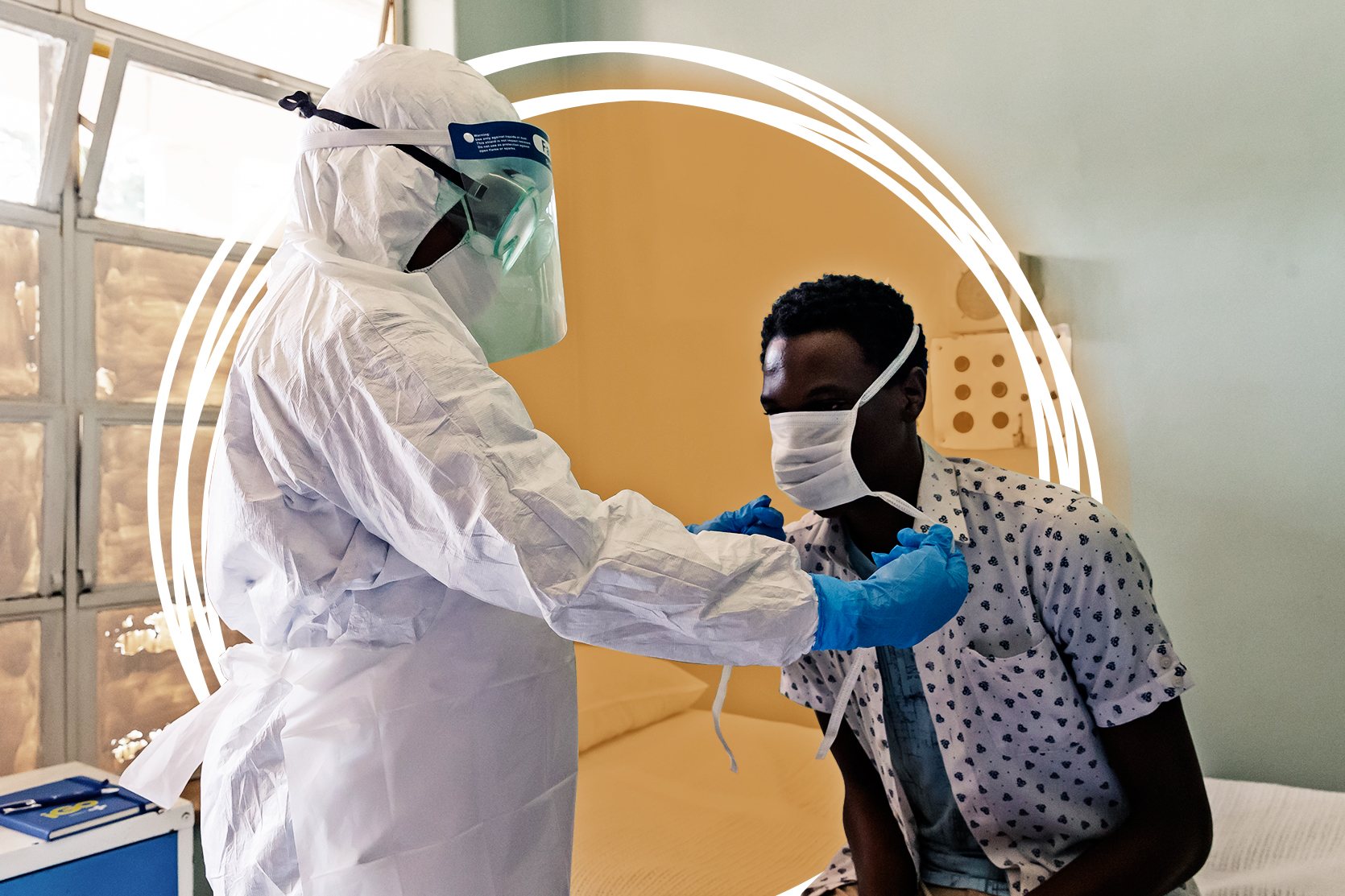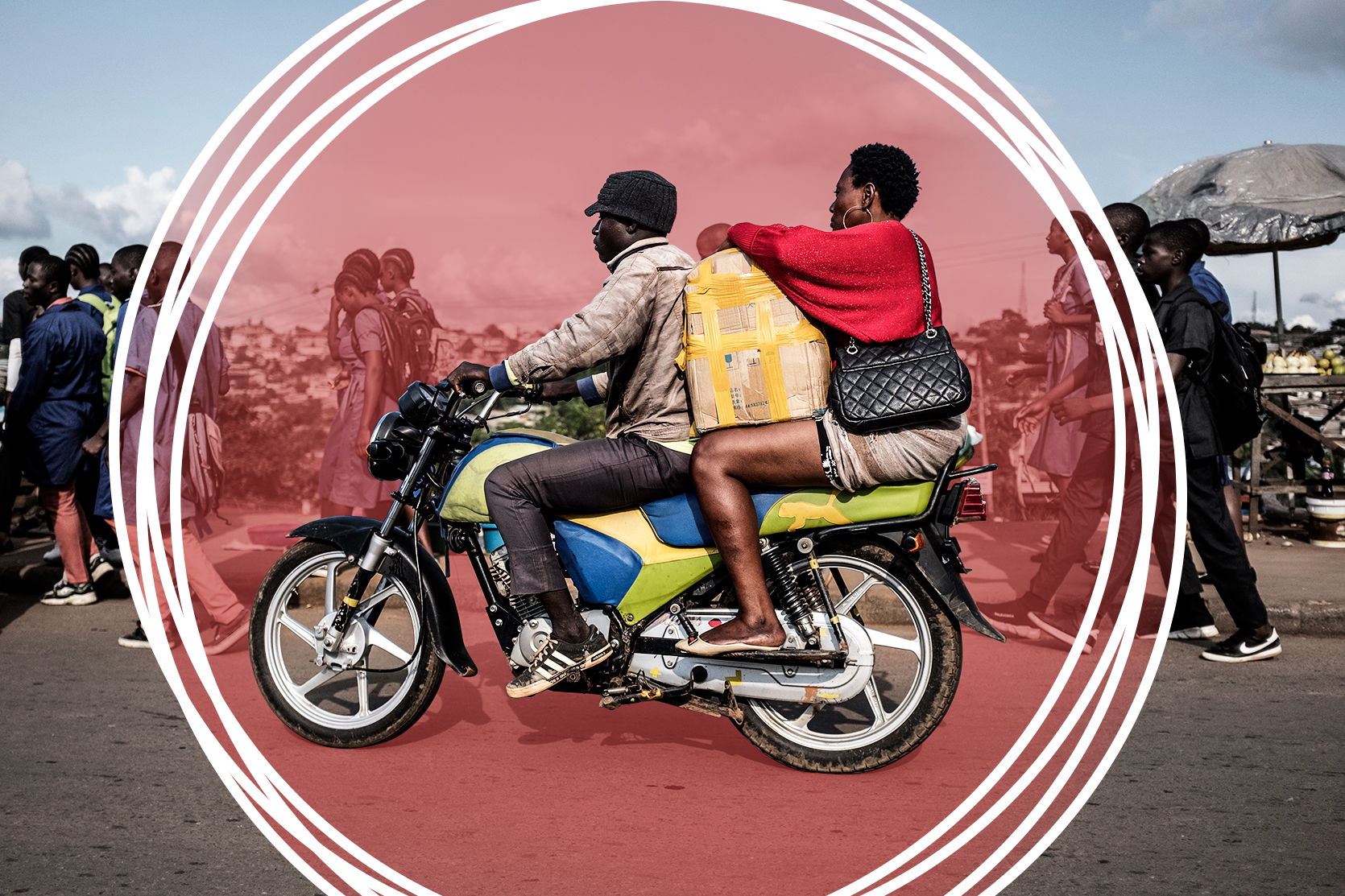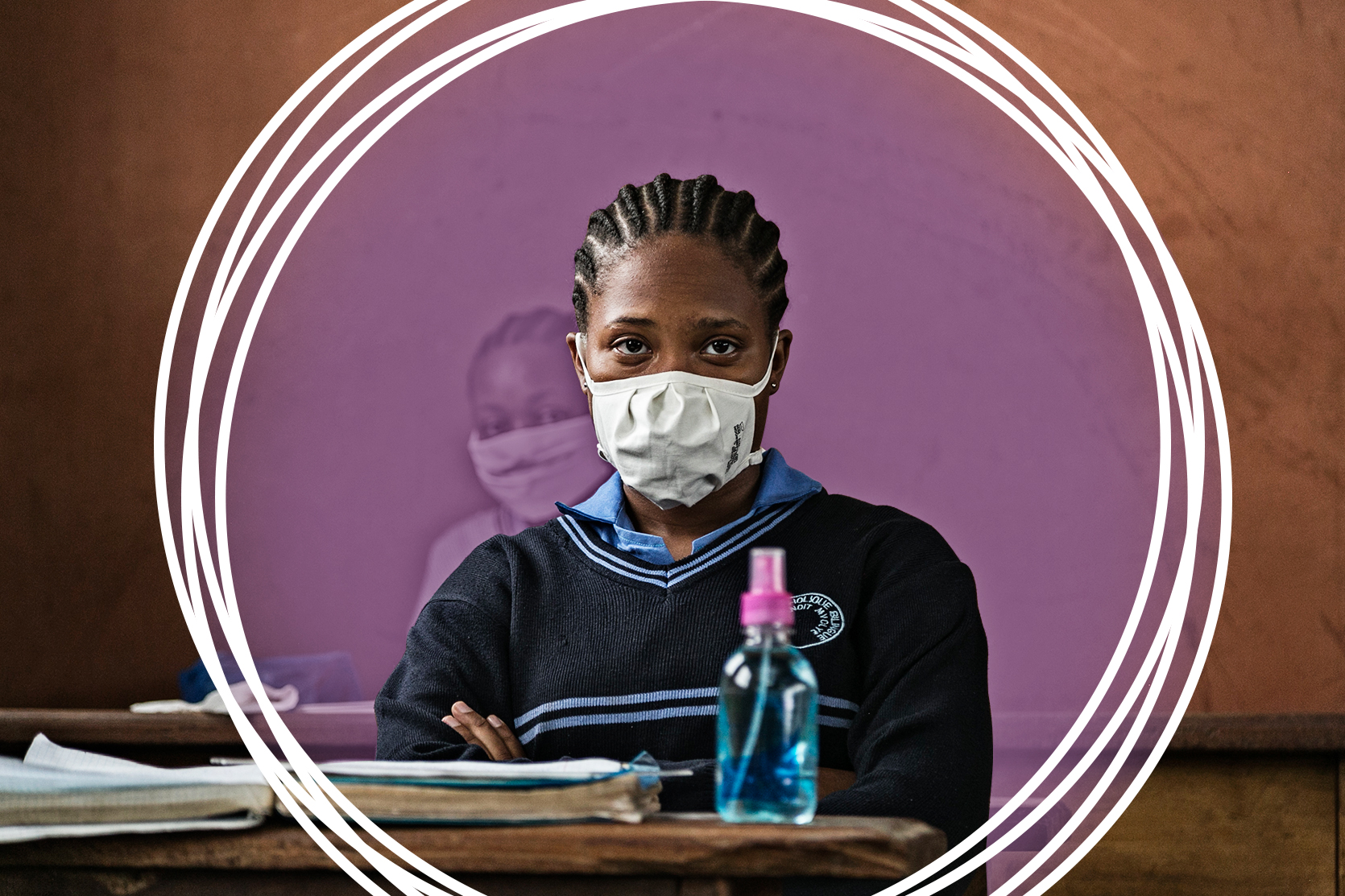Cameroon, like other sub-Saharan African countries, has a problem with the production of reliable data. The situation is so precarious that Shantayanan Devarajan, the one-time chief economist for Africa at the World Bank, described it as “Africa’s statistical tragedy”.
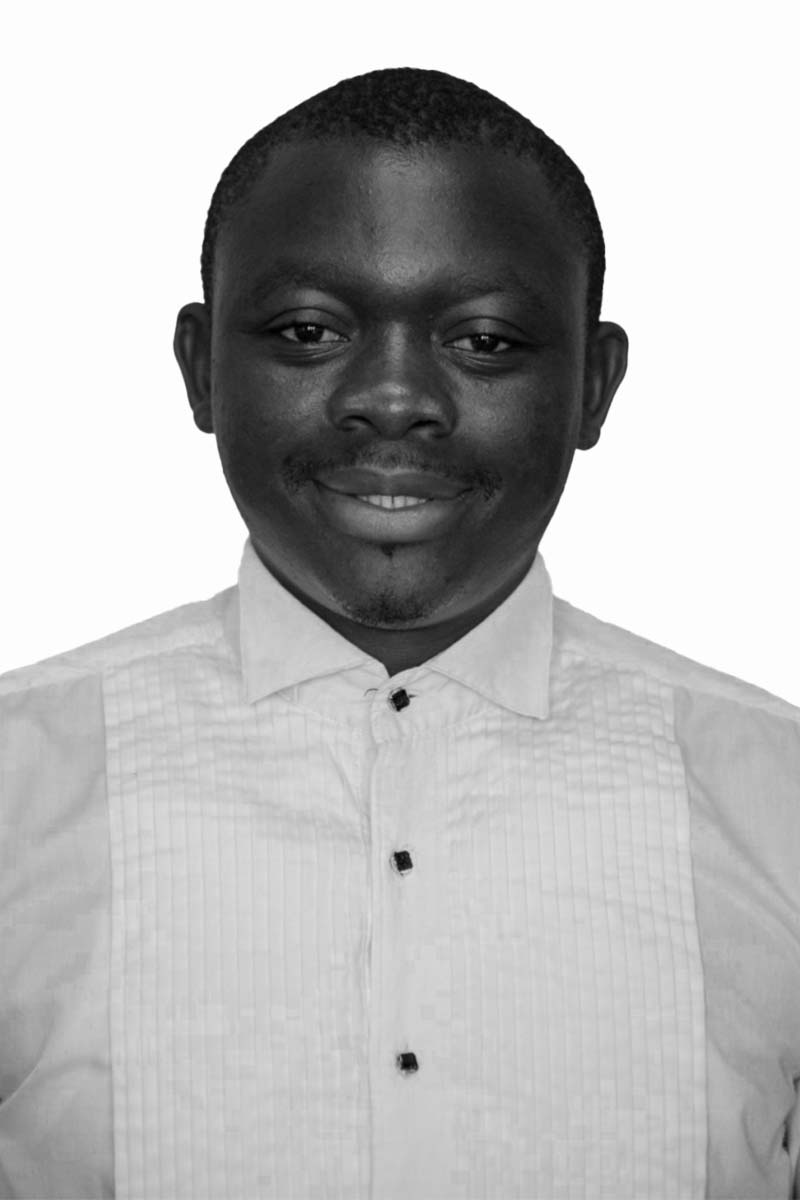
Cameroon: A nation on the edge
With no end in sight to President Paul Biya’s iron grip on power, new resistance groups are springing up in Cameroon.
The cracks in Cameroon’s health system
Abuja Declaration: a bridge too far Pressure from the coronavirus is exacerbating old weaknesses in healthcare delivery in public health institutions, leaving mental patients compromised In 2001, African heads of state and government signed the Abuja Declaration,...
A heavy price to pay
Being forced to use generators to supplement erratic power supplies is a heavy burden for African business.
Threatened to extinction
Cameroon: culture clash Urbanisation and acculturation in Cameroon are eroding traditional conservation practices that helped maintain the equilibrium of the ecosystem Armand Boui has a problem. The 57-year-old native of Mongonam in the Kadey Division of Cameroon -...
When COVID-19 sways cash-strapped Cameroon into debt relief
Prior to the onset of the coronavirus pandemic, Cameroon, an oil exporter with a bloated bureaucracy, was still reeling from the 2014-2016 oil price collapse – one of the most significant oil price slumps in modern times.
Cameroon: Covid-19 worsens pre-existing vulnerabilities for some
Even before the outbreak of the coronavirus pandemic, persons living with disabilities in Cameroon had a peculiar problem – they lacked adequate social support and service delivery.
COVID-19: Cameroon adopts 3T strategy but emergency fund remains cloudy
Cameroon is one of the most badly hit countries by the coronavirus in Sub-Saharan Africa. By 11 July, the country had recorded 15,173 cases, emerging with about half of the total number of cases in the central African sub-region.
C-19 Cameroon: Coronavirus snatches scarce jobs
When Cameroon closed universities, primary and high schools on 17 March as part of preventive measures to stop the spread of the coronavirus, Tongwa Francis was left without a job.
In Cameroon, the wearing of face masks is mandatory – but not for Mr President
Cameroon occupies a prominent position on the list of countries in sub-Saharan Africa badly hit by the coronavirus. By 15 June, the country had surpassed the 10,000 mark in terms of confirmed coronavirus cases, with more than 275 deaths.

Cameroon’s statistical conundrum
Cameroon, like other sub-Saharan African countries, has a problem with the production of reliable data. The situation is so precarious that Shantayanan Devarajan, the one-time chief economist for Africa at the World Bank, described it as “Africa’s statistical tragedy”.
Cameroon: A nation on the edge
With no end in sight to President Paul Biya’s iron grip on power, new resistance groups are springing up in Cameroon.
The cracks in Cameroon’s health system
Abuja Declaration: a bridge too far Pressure from the coronavirus is exacerbating old weaknesses in healthcare delivery in public health institutions, leaving mental patients compromised In 2001, African heads of state and government signed the Abuja Declaration,...
A heavy price to pay
Being forced to use generators to supplement erratic power supplies is a heavy burden for African business.
Threatened to extinction
Cameroon: culture clash Urbanisation and acculturation in Cameroon are eroding traditional conservation practices that helped maintain the equilibrium of the ecosystem Armand Boui has a problem. The 57-year-old native of Mongonam in the Kadey Division of Cameroon -...
When COVID-19 sways cash-strapped Cameroon into debt relief
Prior to the onset of the coronavirus pandemic, Cameroon, an oil exporter with a bloated bureaucracy, was still reeling from the 2014-2016 oil price collapse – one of the most significant oil price slumps in modern times.
Cameroon: Covid-19 worsens pre-existing vulnerabilities for some
Even before the outbreak of the coronavirus pandemic, persons living with disabilities in Cameroon had a peculiar problem – they lacked adequate social support and service delivery.
COVID-19: Cameroon adopts 3T strategy but emergency fund remains cloudy
Cameroon is one of the most badly hit countries by the coronavirus in Sub-Saharan Africa. By 11 July, the country had recorded 15,173 cases, emerging with about half of the total number of cases in the central African sub-region.
C-19 Cameroon: Coronavirus snatches scarce jobs
When Cameroon closed universities, primary and high schools on 17 March as part of preventive measures to stop the spread of the coronavirus, Tongwa Francis was left without a job.
In Cameroon, the wearing of face masks is mandatory – but not for Mr President
Cameroon occupies a prominent position on the list of countries in sub-Saharan Africa badly hit by the coronavirus. By 15 June, the country had surpassed the 10,000 mark in terms of confirmed coronavirus cases, with more than 275 deaths.

